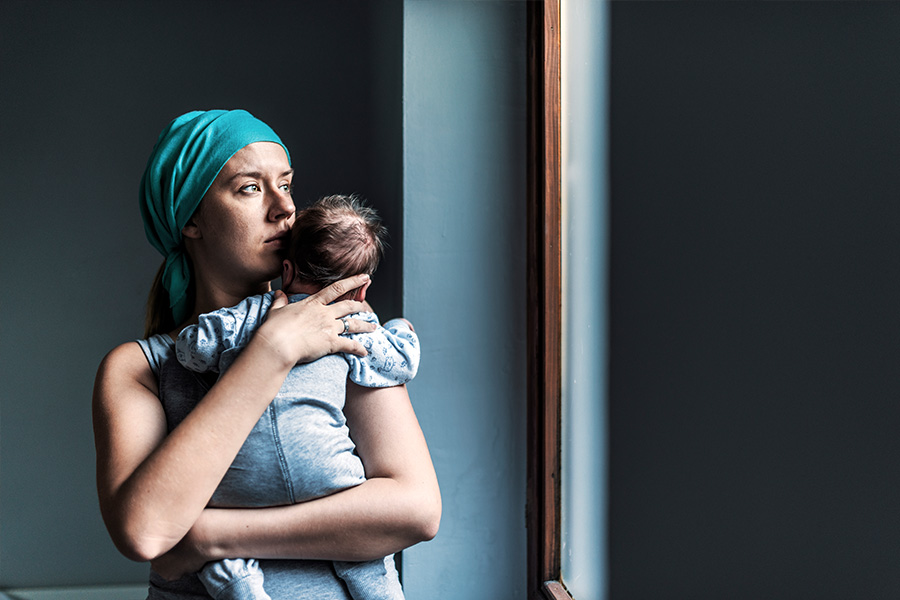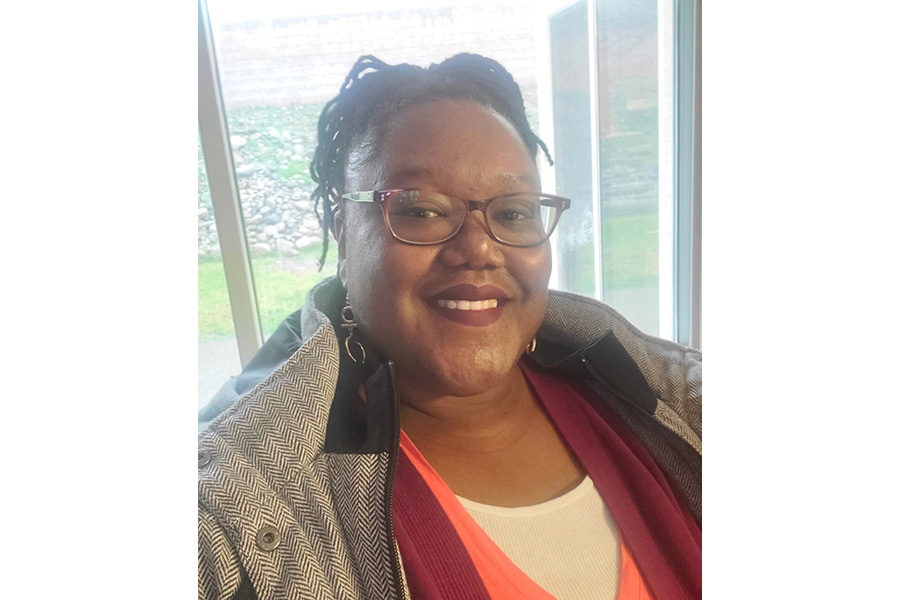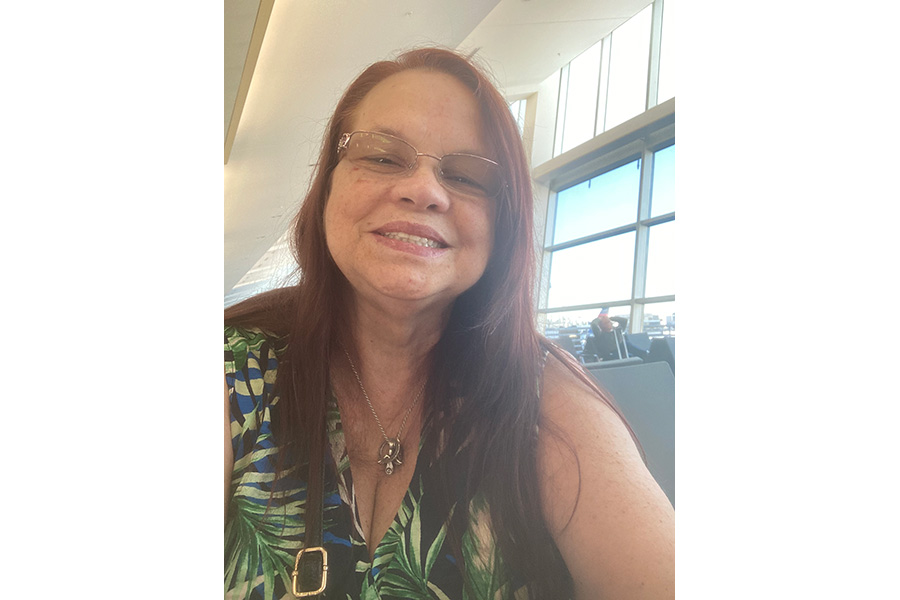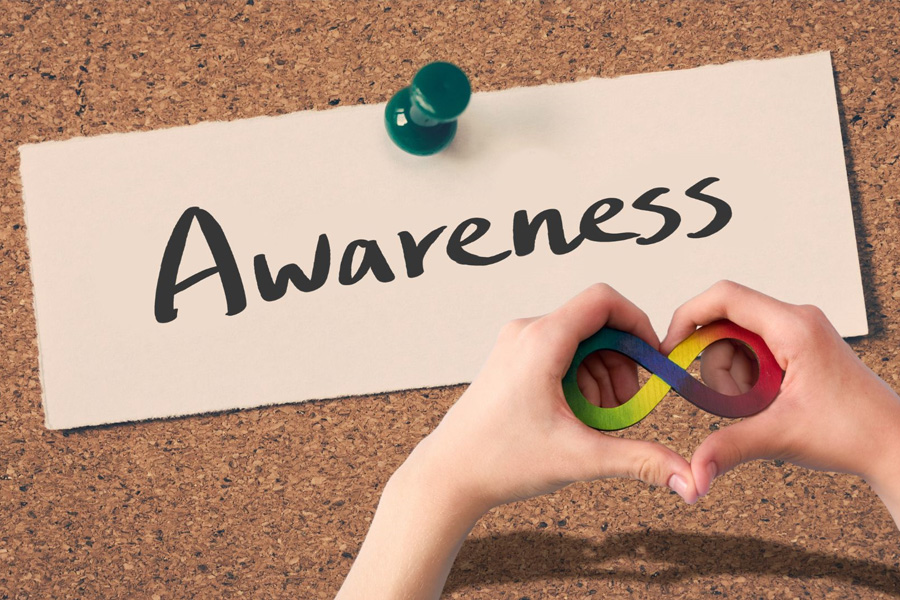How many of us adults live with anxiety daily? How long have you been feeling anxious? Has motherhood or other life transitions heightened your anxiety, perhaps giving it an unexpected twist? Anxiety is a shared struggle—one that doesn’t discriminate. It affects people from all walks of life, from celebrities to members of our local communities, even those who seem to “have it all together.”
The truth is, that anxiety doesn’t care about socioeconomic status or profession. It can stem from genetic predisposition or from being raised in environments where anxiety was inadvertently passed down. Many of us have faced life experiences that shook our sense of safety and trust in the world. No matter how we got here, the fact is—we are here.
As a psychologist, I often sit with young adults who mirror my experiences. Sometimes, I find myself saying, “I feel like I’m talking to my younger self.” How often have you reflected on your life and wondered how it might have been different if you had acknowledged your anxiety sooner, without shame?
We often wonder what it would be like to live more fully in the present and less in the endless loop of “what ifs.” How often do we wish we could go back, speak to our younger selves, and change the way we navigate life’s challenges?
Breaking the Cycle of Anxiety
Anxiety has a way of consuming the present moment, pulling us into a spiral of regrets about the past or fears for the future. But while we can’t rewrite our history, we can learn to change our narrative. Here are a few pieces of advice I wish I could have given my younger self—and that I hope will resonate with you.
- You Will Be Okay.
Catastrophic thinking can make every setback feel like the end of the world. For example, one bad grade might spiral into fears about losing scholarships, dropping out of college, and ultimately failing at life. Looking back, it’s clear how irrational such thoughts are.
The reality is that isolated events rarely determine the course of an entire life. You are resourceful and capable. No matter how overwhelming a situation may seem, you can navigate through it and find solutions.
- Shame Is Not Your Burden to Carry.
If you live with anxiety, you probably know shame intimately. It’s the “what if I said the wrong thing?” or “why didn’t I handle that better?” loop that can haunt you for days. Anxiety holds you to impossibly high standards, ones you would never impose on others.
Remember: making mistakes is human. You can apologize, explain, or simply move on. One moment doesn’t define your worth or character.
- You Are a Good Friend and a Good Person.
Anxiety can make us withdraw from social situations out of fear—fear of saying the wrong thing, of being misunderstood, or of hurting someone’s feelings. Over time, these missed opportunities can leave us with regrets.
But anxiety also exaggerates these regrets. If you take a step back, you’ll see that you are kind, empathetic, and genuine. Friendships are a two-way street, and it’s okay to rely on others as much as they rely on you.
- It’s Not Your Job to Fix Everything.
Anxious people are often natural “fixers,” hyper-focused on solving problems—sometimes even ones that aren’t theirs to solve. But there’s a limit to how much responsibility you can and should take on.
Ask yourself: is this truly my responsibility? If not, let it go. Focus on what’s within your control. Your energy and resources are precious; direct them wisely.
Moving Forward
Anxiety may always be part of who we are, but it doesn’t have to define us. By offering ourselves compassion, reframing our thoughts, and setting boundaries, we can start to live more fully in the present.
To our younger selves—and to anyone struggling now—we say: you are capable, resilient, and enough. Life might not always feel easy, but you have the strength to face it.














